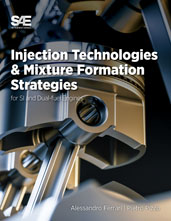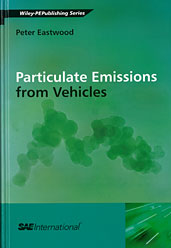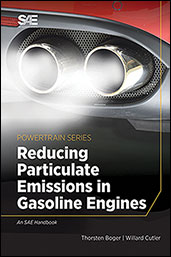Book

Improving Air Quality
2001-01-15
This book describes the present state of knowledge regarding the nature of air pollutants, their sources, and their real and potential effects on health. Featuring in-depth analyses of the air quality improvement programs in both the United States and Europe. Improving Air Quality provides automotive engineers with practical information on the progress that has already been made, and the possibilities for further advances which can lead to increasing environmental improvements.





